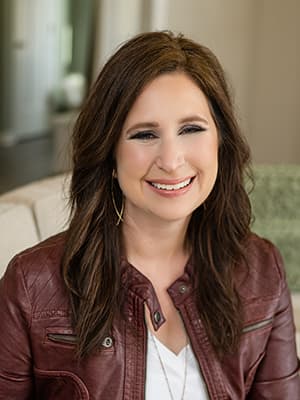If you’re not careful, your posts on social media could land you in legal trouble.
“Social media is a powerful marketing tool for real estate professionals, enabling them to showcase their expertise, reach a wider audience and engage with both potential and current clients,” says Chloe Hecht, senior counsel at the National Association of REALTORS®, in NAR’s latest “Window to the Law” video. “However, like most business tools, the use of social media comes with its own legal risks.”
Real estate pros would be wise to heed social media best practices, as 52% of agents and brokers say social media was their top tool for attracting quality leads over the last 12 months, according to NAR’s 2024 Technology Surveypdf.
In the video, Hecht highlights some best practices for real estate professionals when using social media, including:
- Use the REALTOR® trademark correctly. Only NAR members can call themselves a “REALTOR®.” The trademark should not be used to describe the real estate profession at large. Hecht says that in social media usernames, the REALTOR® mark can only appear next to a member’s name (e.g. @janerealtor but not @janetherealtor). Also, descriptive wording cannot be used with the REALTOR® mark; for example, “Professional REALTORS®” or “Top Chicago REALTORS®” are improper uses of the mark. For more tips on trademark usage, consult NAR’s Membership Marks Manualpdf.
- Watch the images you post. “It may be tempting to post an image or other content you found online to your social media profiles, but always obtain written permission before using any third-party content,” Hecht advises. You could face steep penalties—up to $150,000 per infringement, for using copyrighted work without permission.
- Abide by advertising laws. Make sure your social media advertisements comply with federal, state and local laws. For example, the Federal Trade Commission Act prohibits unfair, deceptive acts or practices in commerce. That means, for example, any testimonials or endorsements must be truthful and not misleading, Hecht says. Additionally, “state laws typically require real estate licensees to include their license information and brokerage name in all advertisements,” she says.
- Keep it ethical. Article 12 of the REALTOR® Code of Ethics says that agents who are REALTORS® must present “a true picture in their advertising, marketing and other representations.” That includes those that appear on social media. “Members should avoid posting listing photos or other content that is not accurate, including manipulated photos,” Hecht says. “Also, members must obtain the permission of the listing firm before advertising any third-party listings on their social media.”









